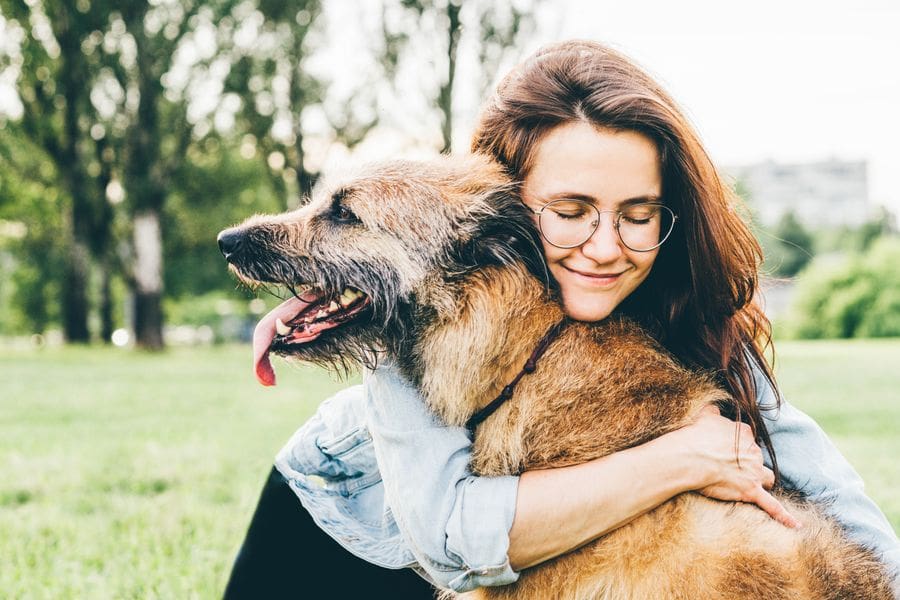When considering adopting a new furry friend, you may not have thought about an older dog. But these sweet souls deserve forever homes during their golden years! Adopting an older dog does have its challenges, but there are also many benefits. Let’s discuss!
The Benefits of Adopting Older Dogs
You Know More About Them
You typically won’t have to guess how older dogs will behave in different scenarios since they have likely been at a shelter for a while. And, you won’t have to worry about them getting any bigger, as senior dogs have already reached their full height and weight.
They Typically Need Less Training
Unlike puppies, senior dogs are more likely to be house-trained and understand basic manners and commands. You also won’t have to keep as much watch on them as they likely won’t chew up everything if left alone for a few hours!
They Will Be Calmer
Inevitably, older dogs will be calmer because they have less energy, resulting in fewer exercise needs. Although frequent exercise is good for any dog and is essential to keep them mobile and in shape, generally, senior dogs won’t have that “puppy energy” or need to run laps in your backyard.
The Challenges Of Adopting Older Dogs
Although there are many benefits, it is also important to note the challenges that come with adopting older dogs.
They Need More Time to Adjust
Younger dogs and puppies tend to be pretty adaptable to new situations. Older dogs usually take longer to be comfortable in new environments. Patience is key. Make sure to give a senior dog adequate time (typically two or three months) to adjust to their new home.
Health & Mobility Issues
Unfortunately, older dogs tend to have more health problems than puppies. Whether it be arthritis, dental issues, or more serious health concerns, your dog’s health will require more time and attention. They may also have mobility issues like having trouble going up and down stairs, so be sure you and your home can accommodate this.
They May Be Uneasy Around Younger Dogs and Kids
Since older dogs are less active and take time to adjust to new environments, being surrounded by younger children and dogs may make them uneasy. Therefore, always ease your older dog into meetings with other pets or children.
Lack of Energy, Resulting In Less Engagement
As mentioned, older dogs have less energy than younger dogs, so understand they may seem less engaged or have less desire to play.
Less Time With You
All dogs eventually go to heaven, but an older dog will naturally not be part of your family for as long as a puppy would. This simply means you need to prepare yourself for the inevitability that your time with your older dog may be limited. But – isn’t it better to have loved and lost than to have never loved at all?
Have you ever adopted an older dog? Share your experience with us in the comments below!






